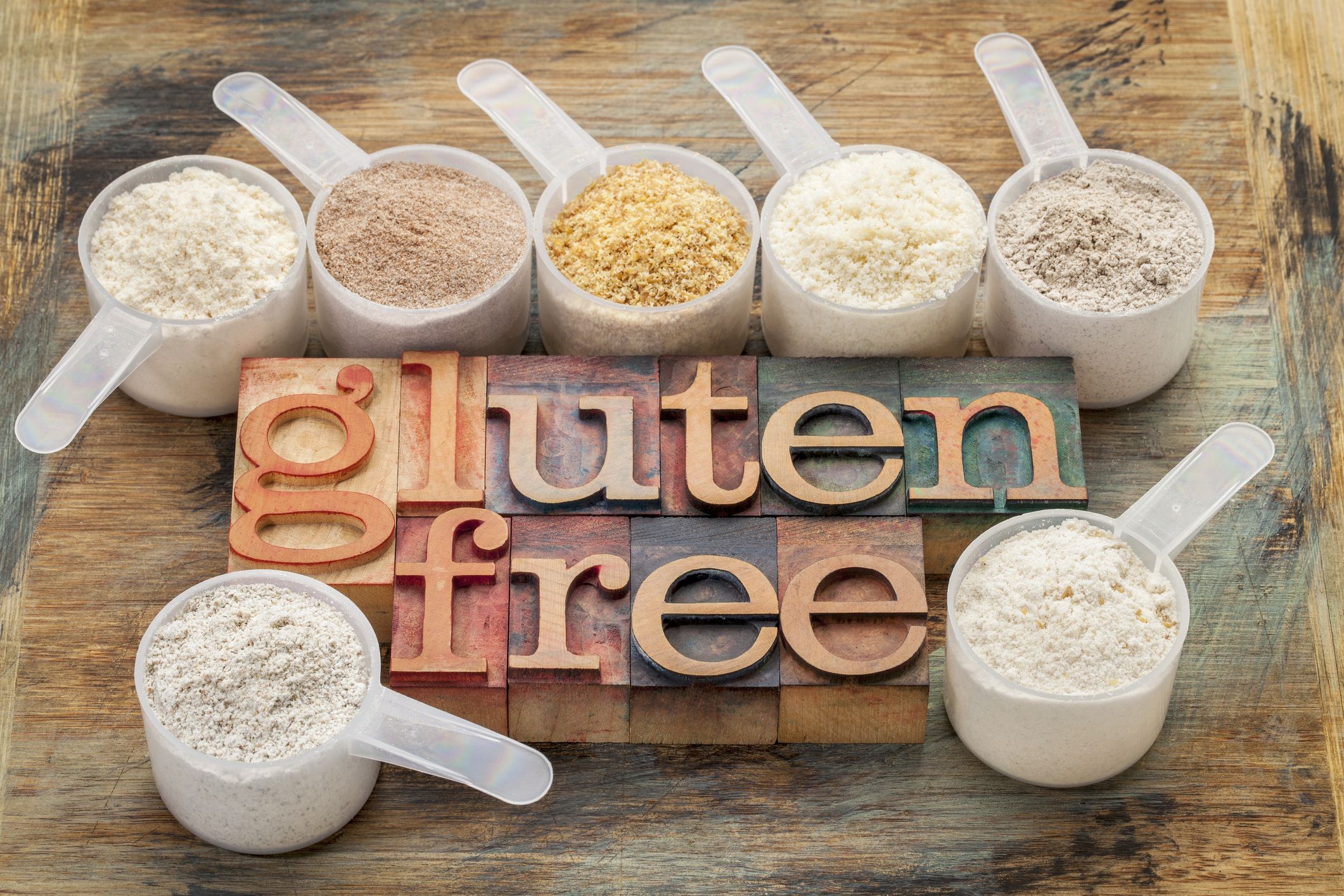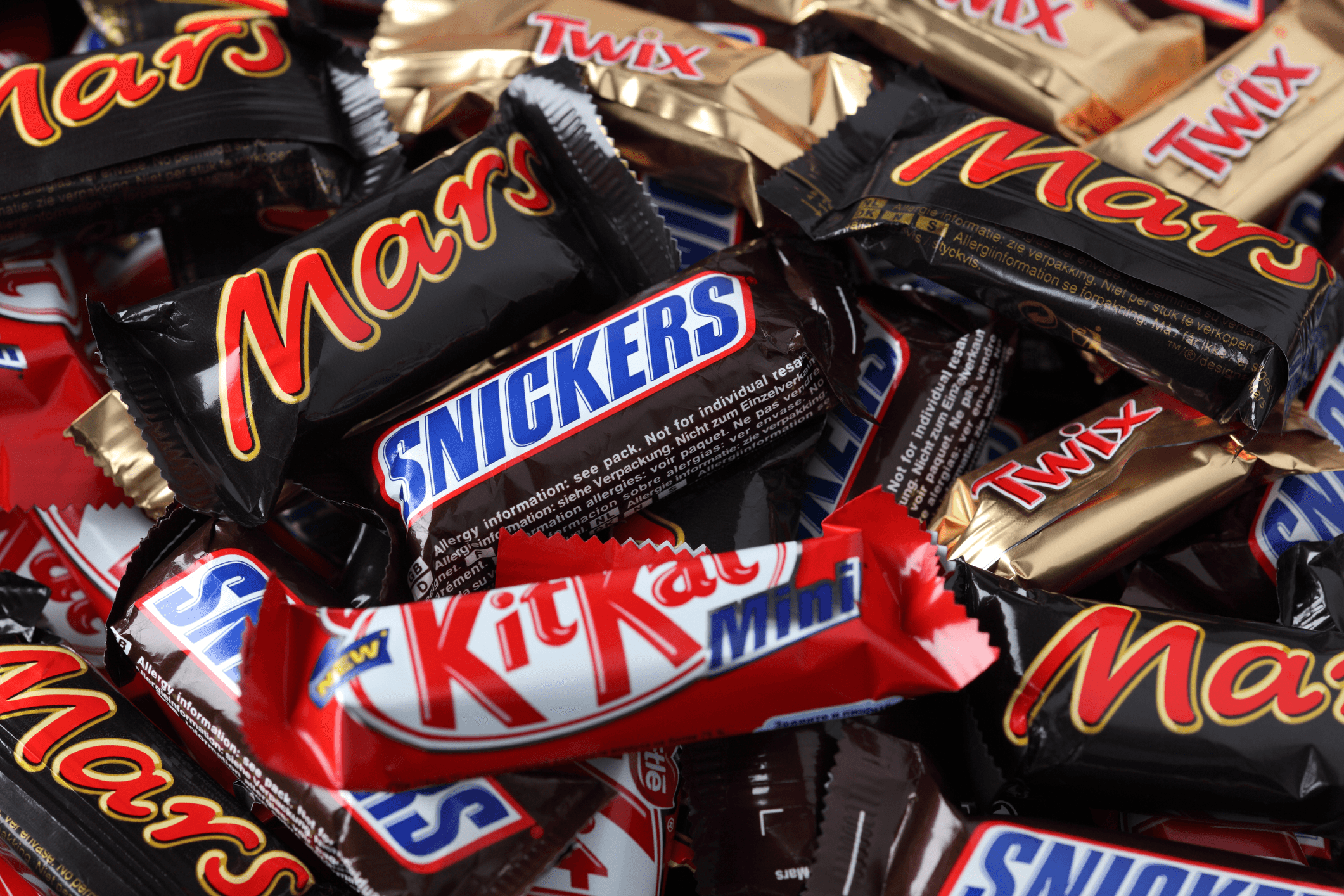Knowing how the human brain or mind processes food information, including food images, taste, shapes and smells, are core principles of The CogniDiet® Programs.

Researchers in this new field are trying to figure out how our old and ingrained hard-wired preferences affect the decisions we make in many aspects of our lives including when it comes to food choices and weight loss.
Recently, I read an online article explaining how neuromarketing is being used to manipulate our brains. It got me thinking – how can we fight back, using the same self-applied techniques, and make healthier food choices?
Research in neuromarketing is “the systematic collection and interpretation of neurological and neurophysiological insights about individuals using different protocols, allowing researchers to explore nonverbal and unconscious physiological responses to various stimuli for the purposes of market research”, according to the Neuromarketing Science & Business Association.
This is why food advertising and merchandising is not only beautiful in general, but is also associated with feelings of happiness, freedom, energy, beauty, power, family belonging and more.
Remember: If the processed food industry can manipulate your brain, you can certainly learn to resist it.
There are many cognitive preconceived ideas and notions in our brain wiring, developed after years of being brainwashed by advertising, processed food taste manipulation, current eating habits, social background, and childhood experiences.
It is essential to understand these predispositions, take pause, and observe ourselves to know how our minds process information when it comes to food choices.
So here below are a few brain manipulations we are all facing every day. We are here to help you build brain resistance. This is part of what we teach in our CogniDiet® Program Weight Loss classes, because we believe sustained weight loss is only possible with long term behavioral changes. We believe weight loss starts in your brain™.
Brain Manipulation #1:
Food advertising associates treats with “feel better” cues. Why do we splurge on a donut or a sweet in the blink of an eye, often in a moment of stress? Before we realize what we’re doing, we’ve already finished eating it.

This is why you chase that chocolate cookie at 4PM at the office after a stressful day. There also some physiological reactions linked to stress hormones that trigger sugar cravings. You know you shouldn’t, but you do. And to make things worse, emotions make more lasting pleasure imprints than rational thoughts.
If only it was when stressed or sad… But advertising has created a reward mechanism even when we are feeling good, victorious, in control, happy. The manipulation goes both ways. Whether you are sad or happy, you will want a treat.
Brain Manipulation #2:
We are being fooled and manipulated by the description and names associated with processed foods.
Rarely do you see an ad for broccoli that guarantees happiness, beauty, and harmony – but certainly an ice cream commercial may promise ecstasy. As it turns out, there is a reason behind that.
Names and descriptions change behaviors. Plain “chocolate ice cream” is not as exciting as “double mocha nutty marshmallow chocolate ice cream”. A more descriptive name increases the chances that you will purchase that deliciously described ice cream, packaged with style and appeal. The association of food with a pleasurable experience, seen over and over on TV, will drive you to want to experiment – and this is what the advertiser wants!
On the other hand, food claims will also impact your decisions to veer in a healthier direction. David R. Just and Brian Wansink of the Cornell University Food 
But beware! For example, gluten-free claims sometimes convince people that they can eat more. People believe that since something is “gluten free” it is therefore “carb free” – which it is not! Usually wheat has been replaced by other carbohydrates such as rice or corn flour.
So resist. Be inquisitive, become a food detective. Read your labels, scrutinize menus. ask questions. Information is power and will influence your decisions.
Brain Manipulation #3:
Colors, flavors, and forms influence our brain about how we experience and feel about a place, a product, a moment, even a person.
Food colors and images, restaurant décor and ambiance, menu looks and descriptions will of course influence you. For example, it is well known in the marketing world that certain colors inspire very specific feelings. Yellow will make you feel happy. red will energize you, blue will soothe you. Colors are also being leveraged in food engineering to create extra appetizing and addictive factors. If you knew that real color of Coca-Cola is grey, would you drink it?
Adding onto the manipulation via color, the shape of food can be highly influential as well. What is it about foods that feel like toys to entice us to eat them? Instead of eating our food, we play with it. Gummy bears, strawberry twists, star shaped cereal, you name it and it’s probably being sold in your grocery store.

Foods are engineered in a laboratory and market tested for millions of dollars each year to create addictive flavors and devilishly delicious fat/sugar combinations, crowned with surprises such as popping, fizzing, exploding, melting, layered-flavors features. Eating a sweet is like getting on a surprise roller coaster ride. Your brain ends up addicted to all of these amazing feelings, the sugar and the empty calories that come with them.
Brain Manipulation #4:
Take a closer look at TV ads showing foods being “enjoyed” in group settings. Note how these people look so happy, eating and drinking together. As we know, eating in groups will influence what and how we eat, so it’s important to stay aware to avoid some common pitfalls.
As human beings, we crave the feeling of belonging. We want to be like others, which means that we will mimic behaviors to be part of a group. When alcohol is involved, it further diminishes our ability to make rational decisions. Our brain becomes entirely emotional. We want to partake in the moment fully.
So it’s only natural to not want to be the Debbie Downer, the one who doesn’t drink, the one who says no to dessert. And as if this isn’t hard enough to navigate, there are saboteurs to deal with on top of it!
To manage these situations, there are two paths you can take. Be in charge of what you want to eat and NEVER APOLOGIZE in any way for your choices. Don’t explain your food choices, because other people around you at the table don’t have to explain why they ordered a triple hamburger with fries with extra mayonnaise and three vodka martinis to wash it down. It is your prerogative to eat and drink the way you want!
The other strategy is to let go, enjoy the moment and the company. Just try to minimize damages. Try having one drink instead of two, or sharing an appetizer or dessert with a friend. Don’t forget that tomorrow is a new day and a fresh start.
Brain Manipulation #5:
Our eyes (and nose) influence and mislead us. The food industry knows this so well!
There are appetizing snacks on a plate in front of you during an entire meeting. You may end up eating one or more because your will-power will finally break after 3 hours in that room.
The smell, the view, the fact others are eating them – all of these factors will combine to weaken your best intentions. It is a fact, will power will not be enough. Sights and smells are triggers. This is why they show you a dessert cart in restaurants. This is why pretzels smell so delicious in the mall.
It is common knowledge that portions are over-sized nowadays. Our brains will associate what is in the plate with what we have to eat. Eat off of a smaller plate for a few days and you will realize that you are as full at the end of the meal. Your brain will have reset its portion assessment.
Unfortunately, the processed food industry is diabolically smart. Ah, the portions are too big, people are not buying anymore, so let’s devise another strategy!
These smaller portions have been created to fool our eyes and actually make us eat more. You think you eat less because your eyes see only a very small portion. However you end up eating 10 mini Snickers and blissfully ignoring that all together they represent more than one 250 calorie Snickers bar.
Fight Back. Train Your Brain to Resist.
We need to rally, as a society, against the chemical ridden, high fat, empty calorie, and unnatural food being sold to us currently. Remember that eating healthy, natural food will make you look better, feel better, and ultimately live better. I highly recommend Marion Nestle’s book “Food Politics” if you are interested in reading more about how the processed food industry has pervaded every aspect of our political environment, managed to dis-inform us and created a never seen before nationwide sugar addiction. So, as a conclusion, be curious, be informed. Become a food activist. Do it for you and for our children. Fight back. Train your brain to resist.
Stay tuned, and in the coming weeks, we will suggest some experiments to help you fight relentless advertising, taste bud manipulation to create addiction, and the overwhelming accessibility of unhealthy foods.
Veronique Cardon, MS
Creator of The CogniDiet® Programs
September 2015

